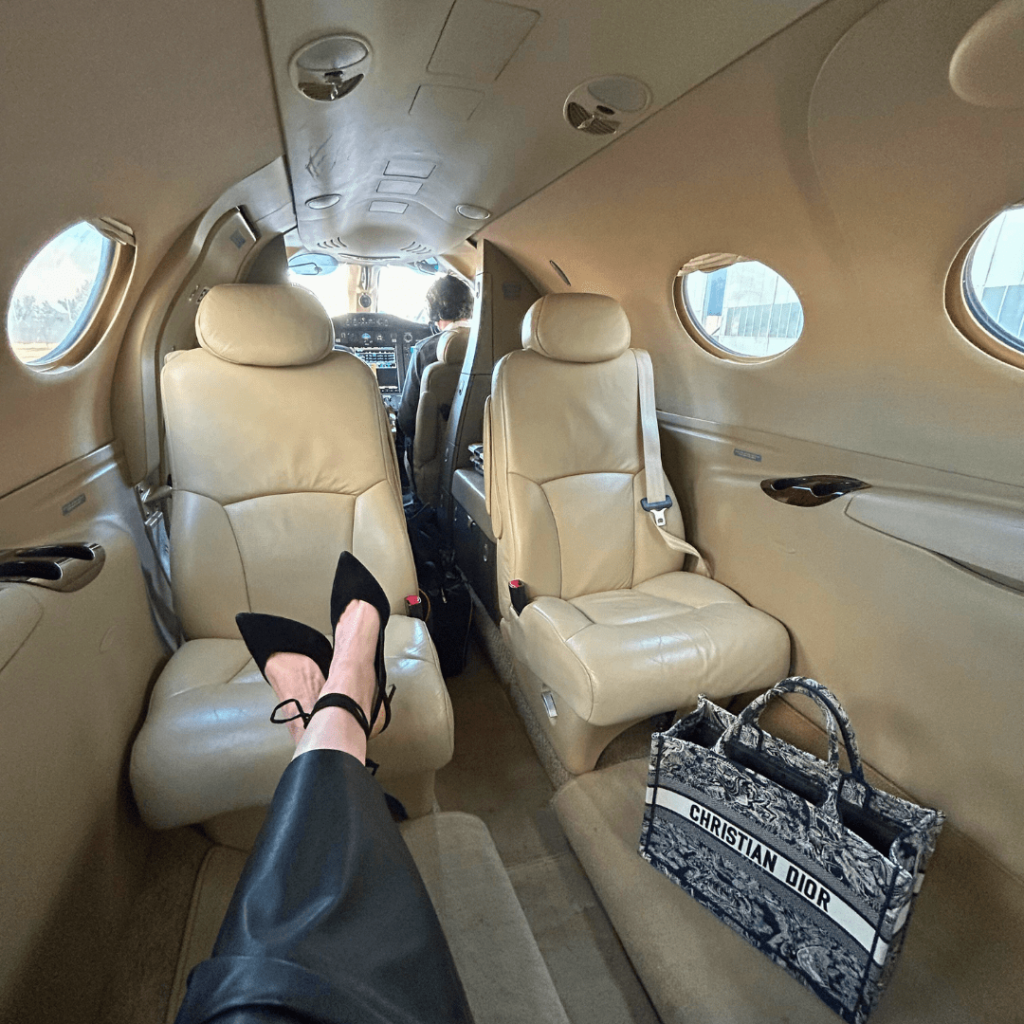
Private Jet Travel: Value Beyond the Price Tag
When considering private jet travel, the cost is often the first concern that comes to mind. It's easy to view the price tag and immediately compare it to commercial airlines.
Read More
When considering private jet travel, the cost is often the first concern that comes to mind. It's easy to view the price tag and immediately compare it to commercial airlines.
Read More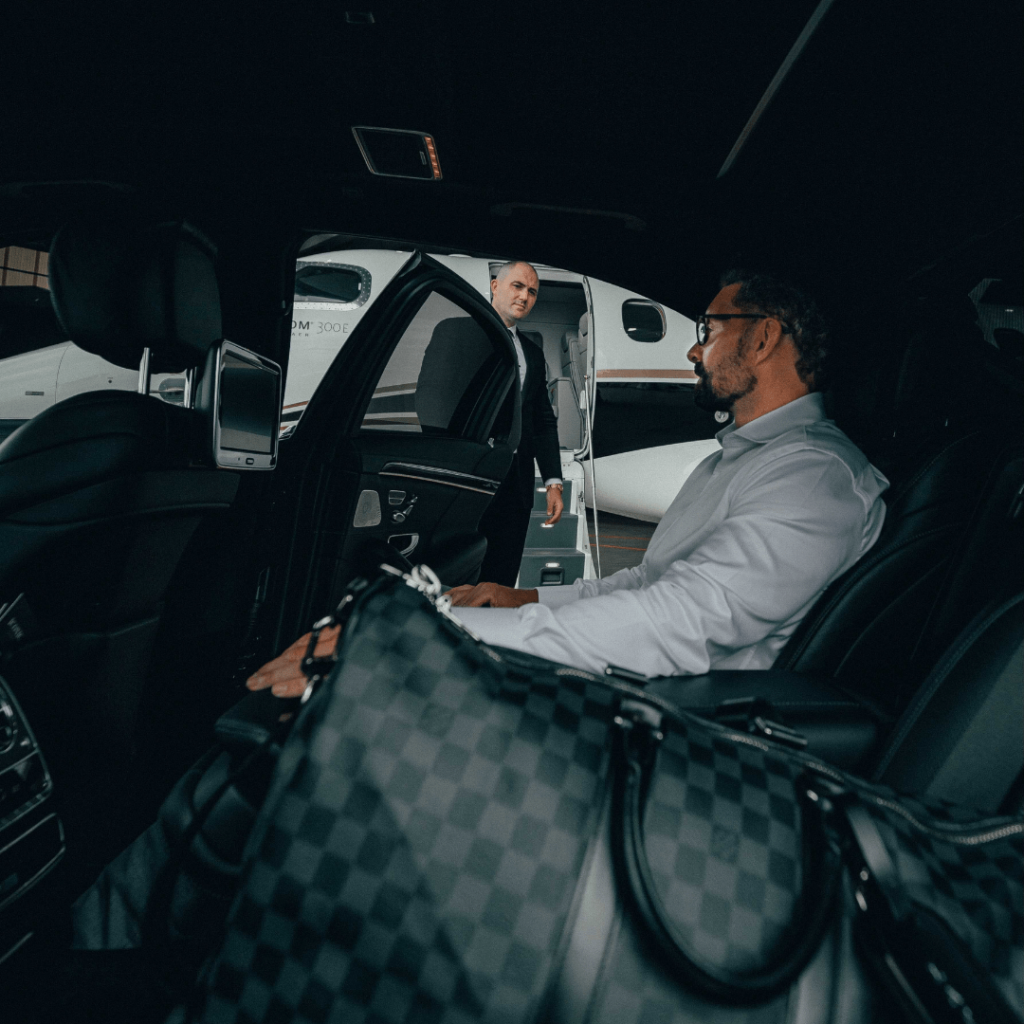
Discover how on-demand private flights enhance business efficiency with flexible scheduling, direct routes, and cost-effective travel solutions. Learn how private aviation can streamline your operations and save valuable time.
Read More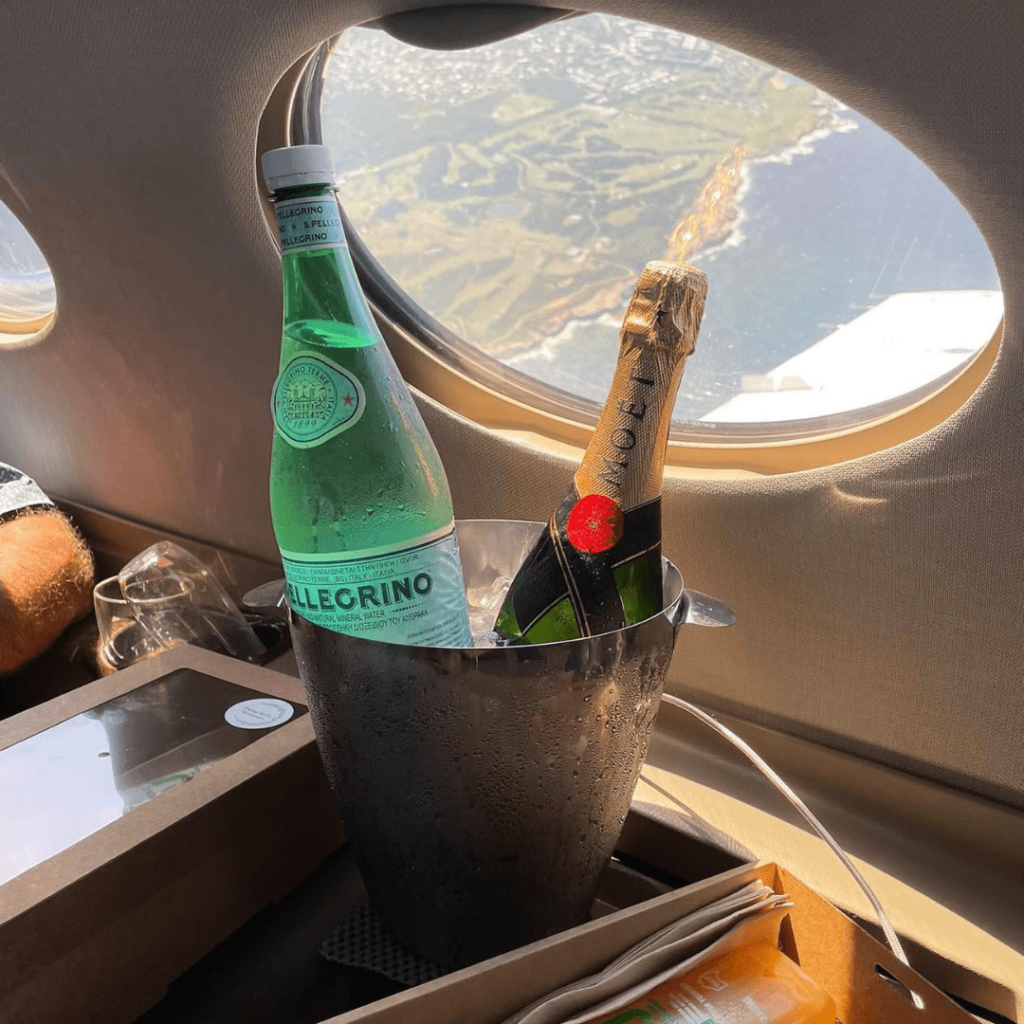
Maximise your travel efficiency with the Airly Private Jet Card. Save thousands on business trips from Melbourne to Sydney and enjoy affordable family getaways to Ballina.
Read More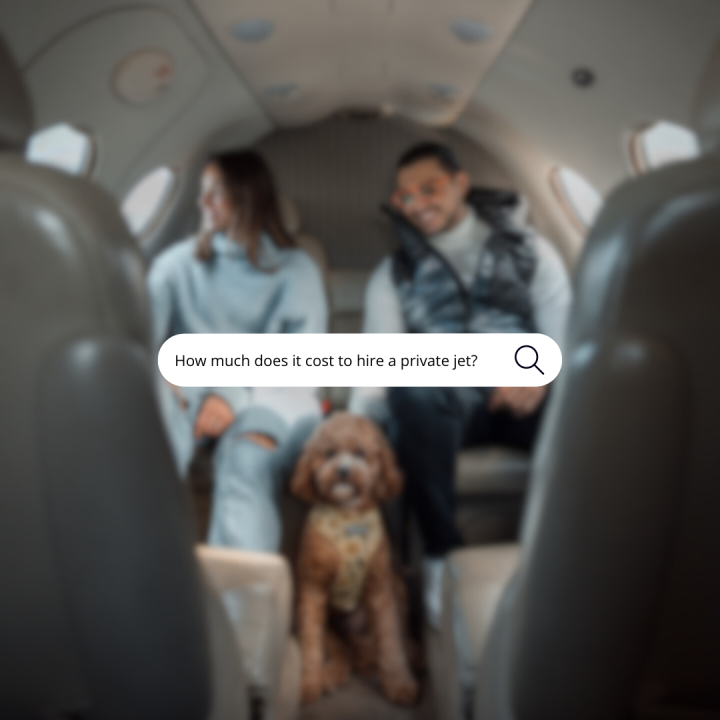
Curious about the cost of hiring a private jet? 🛩️ Discover pricing for smaller and top-tier, large-cabin options. Explore your options and get instant quotes for domestic East Coast trips with our easy-to-use platform.
Read More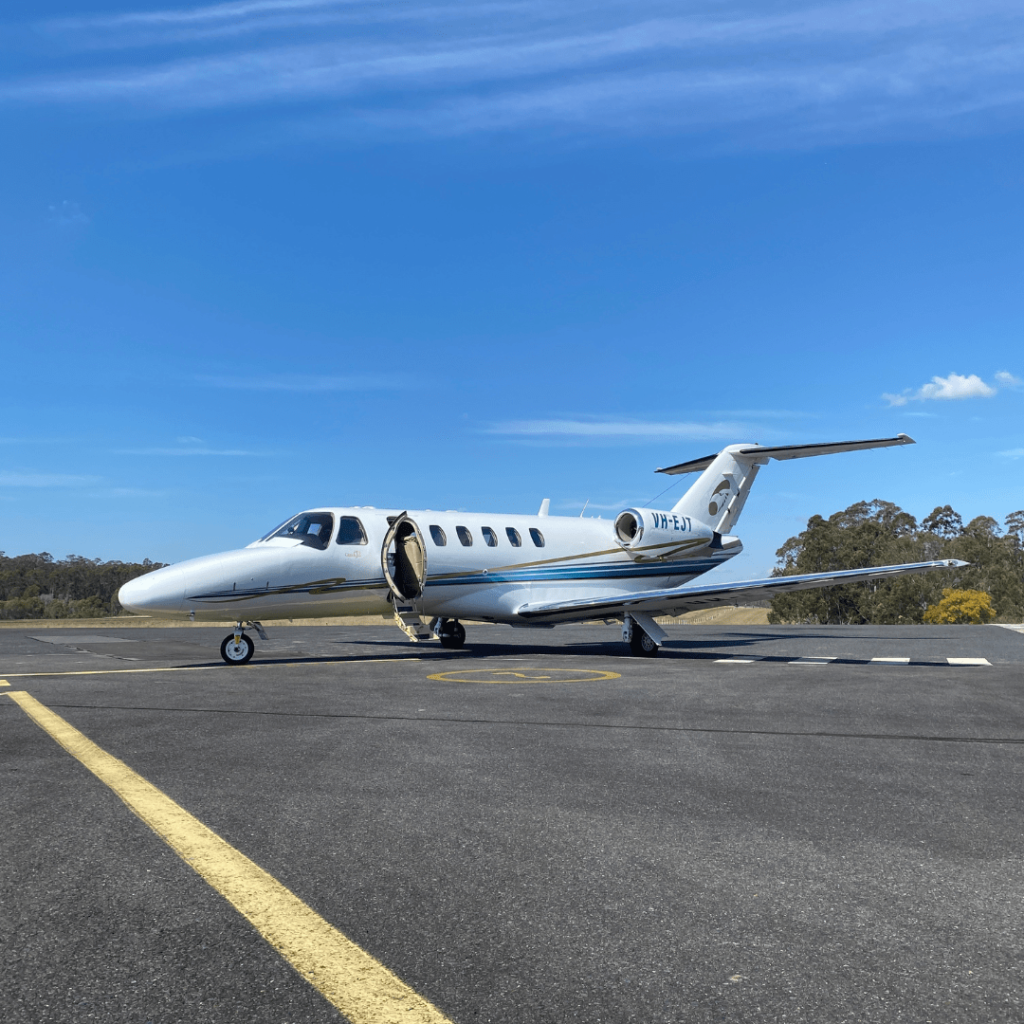
Airly transforms business travel by utilising secondary airports, allowing entrepreneurs to reach remote destinations quickly and maximise operational efficiency.
Read More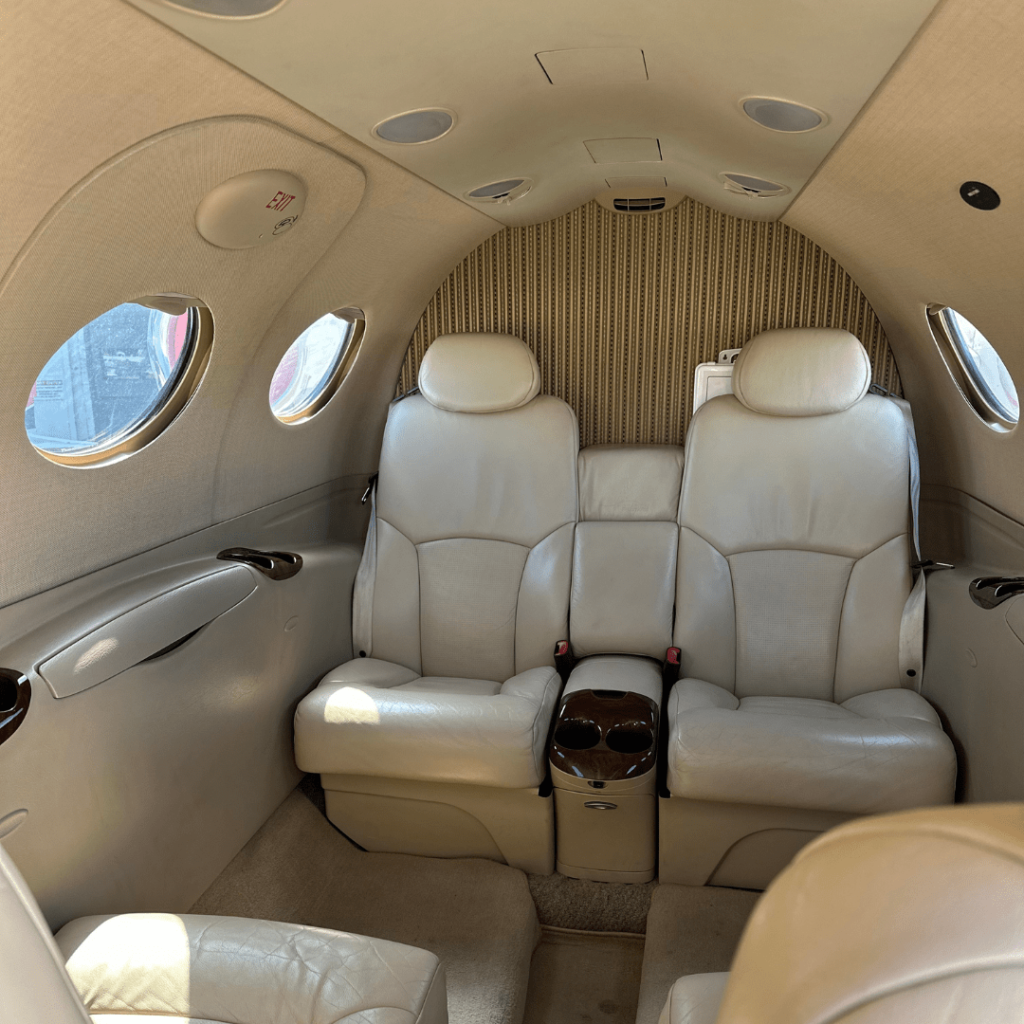
Explore how private jet travel can provide entrepreneurs with the speed, flexibility, and efficiency needed to scout new locations, strengthen partnerships, and manage operations across regions effectively.
Read More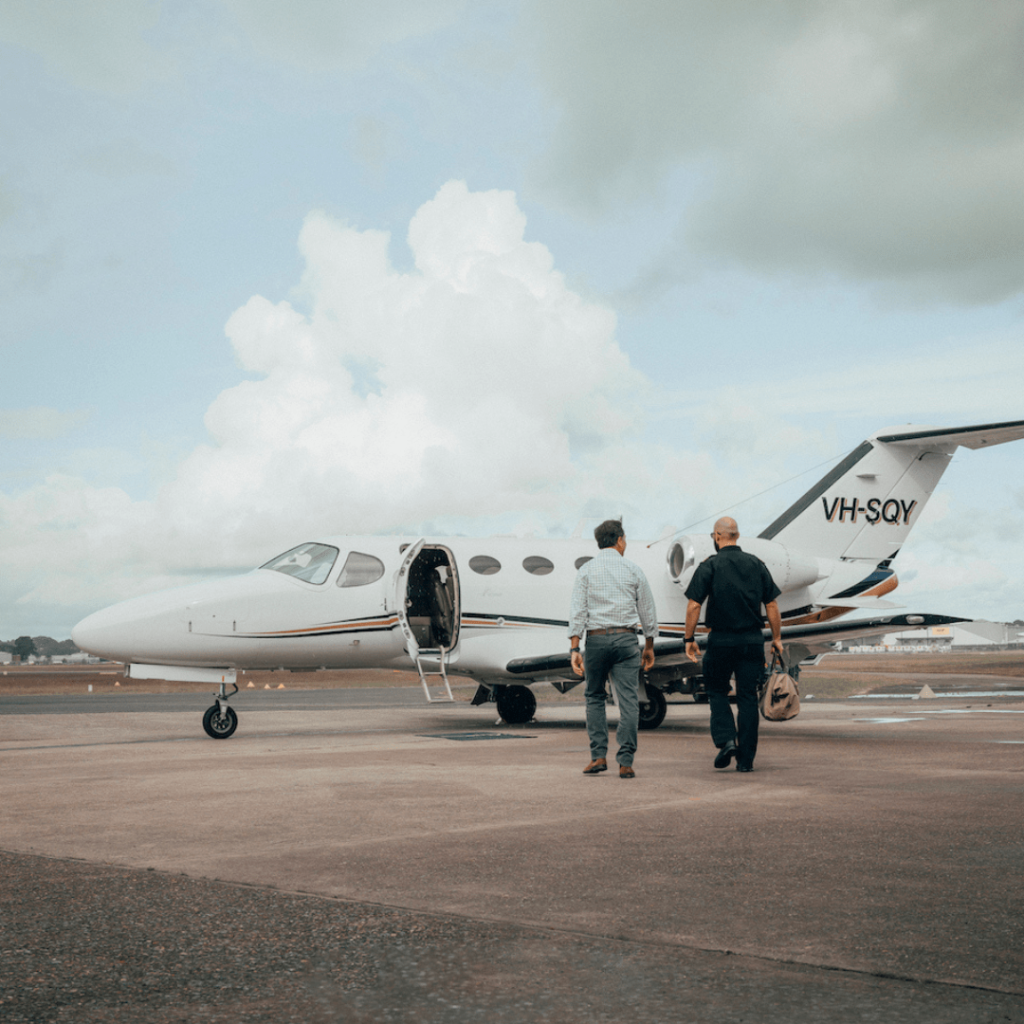
Discover how Airly transforms private jet travel into a strategic tool for high achievers, focusing on efficiency, privacy, and convenience to maximise productivity and success.
Read More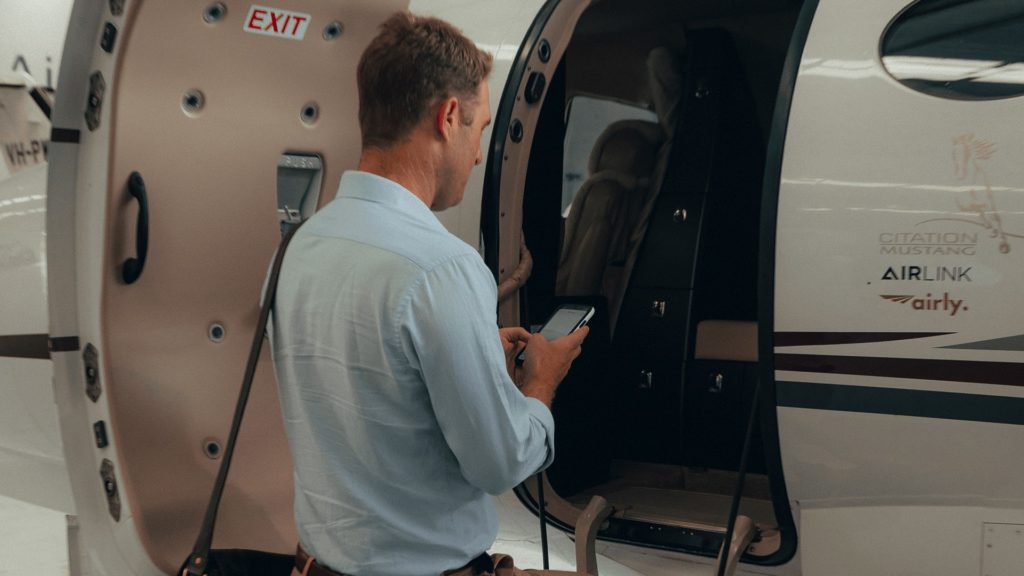
Discover how Airly redefines business travel by transforming your flight into a productive workspace, ensuring you never miss a beat while on the move.
Read More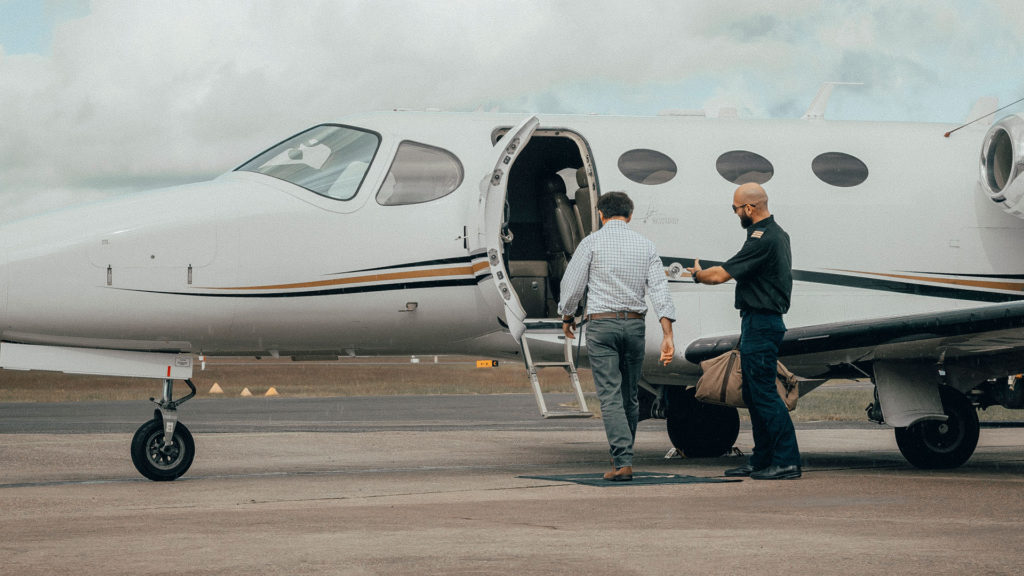
Discover how Airly revolutionizes travel for entrepreneurs, offering efficient, stress-free journeys that seamlessly blend professional and personal life for true work-life balance.
Read More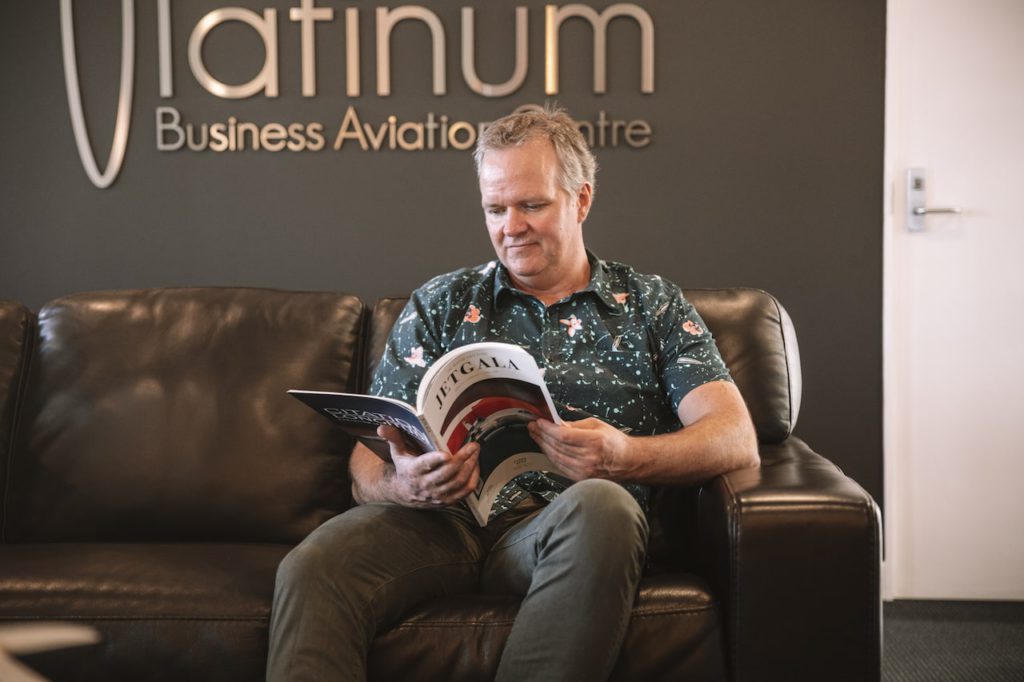
Unlock the true value of your time with private jet travel. It's more than luxury; it's a strategic choice for those who measure success not just in achievements, but in moments well spent. Dive into our latest insights on making every minute count.
Read More